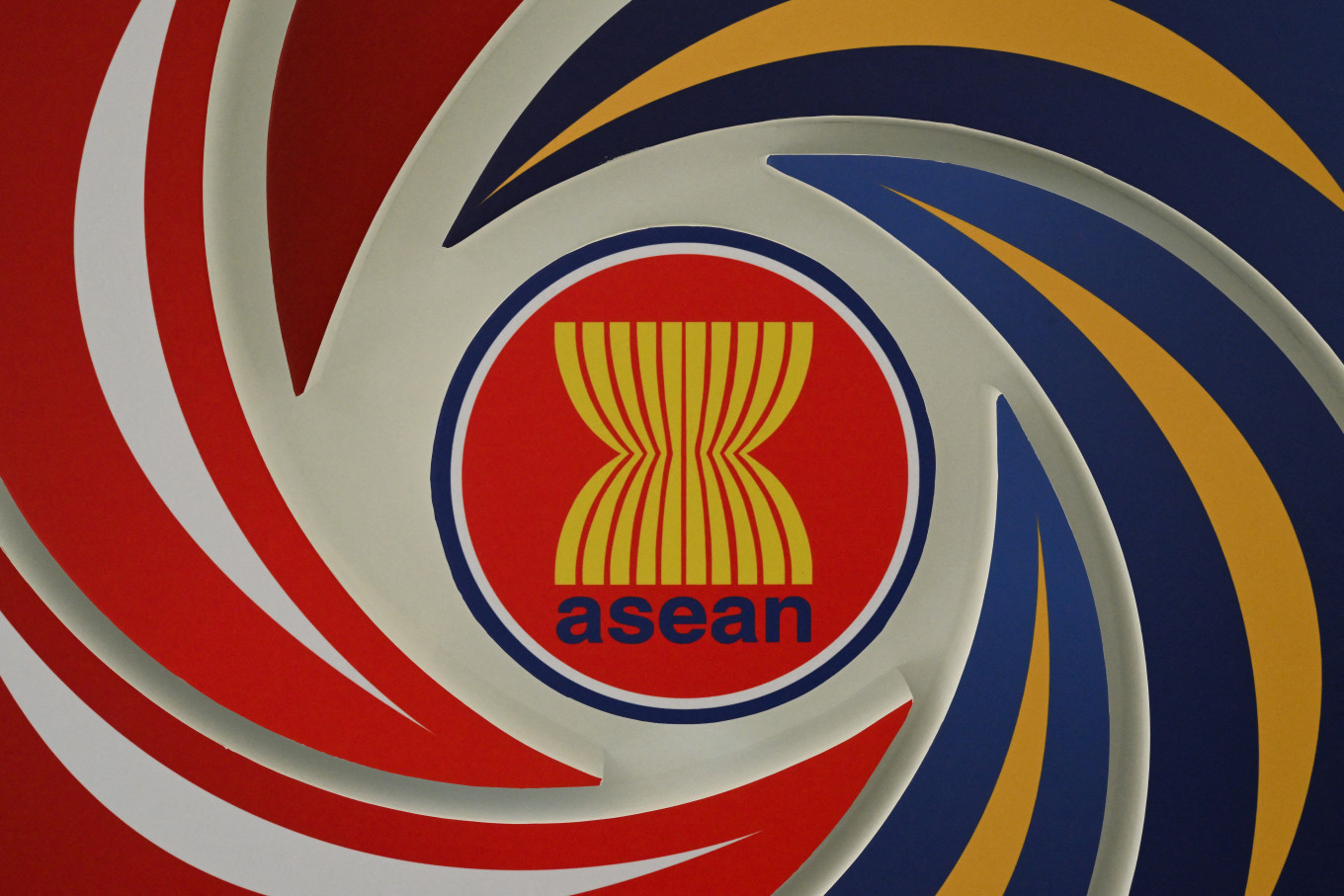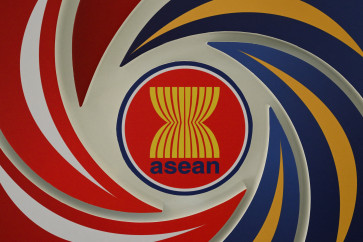Popular Reads
Top Results
Can't find what you're looking for?
View all search resultsPopular Reads
Top Results
Can't find what you're looking for?
View all search resultsASEAN should expand to counter Trump's tariffs
Current ASEAN chair Malaysian Prime Minister Anwar Ibrahim can marshal the full power of the bloc to present a unified front and develop policy initiatives that can help shield members from the economic disruption caused by Trump’s tariffs.
Change text size
Gift Premium Articles
to Anyone
W
hen United States President Donald Trump finally unleashed his long-threatened tariff blitz, the scale and scope were far worse than most governments expected. It came as no surprise that China would be the hardest hit, but the punishing duties imposed on most Asian countries were a profound shock.
Fortunately, with financial markets reeling, Trump announced a 90-day pause on most of these “reciprocal” tariffs just hours after they took effect. Asian governments benefiting from this reprieve must now use the time they have gained to forge a more unified response and take bold initiatives that give them more leverage with the US.
Consider that the tariff rate initially imposed on my country, Sri Lanka, which is only a few years removed from a political and economic crisis that forced our president to flee and pushed the economy to the brink of collapse, was a whopping 44 percent. Given that the US is Sri Lanka’s largest export market by far, Trump’s “Liberation Day” tariffs would deliver a massive blow to the country’s recovery when (I hesitate to say “if”) they are imposed.
Other Asian countries fared little better, and a few were hit even harder, with rates of 49 percent for Cambodia, 48 percent for Laos and 46 percent for Vietnam. So onerous were these proposed duties that one might wonder whether Trump is compensating for his avoidance of military service in the Vietnam War by waging economic warfare on the countries of Indochina that were involved in that conflict.
Now that the Vietnamese government, which swiftly raised the white flag by offering to eliminate all tariffs on US imports, has agreed to start trade talks during the pause, Trump must already think that he has won.
Vietnam’s attempt to appease Trump will yield few, if any, benefits for the country, because Trump never negotiates in good faith. Worse, the country’s actions are setting a high bar, at least in the eyes of the US administration’s trade negotiators, for what its partners in ASEAN will now be expected to deliver.
But the current ASEAN chair, Malaysian Prime Minister Anwar Ibrahim, can still marshal the full power of the bloc to present a unified front and develop policy initiatives that can help shield members from the economic disruption caused by Trump’s tariffs.


















